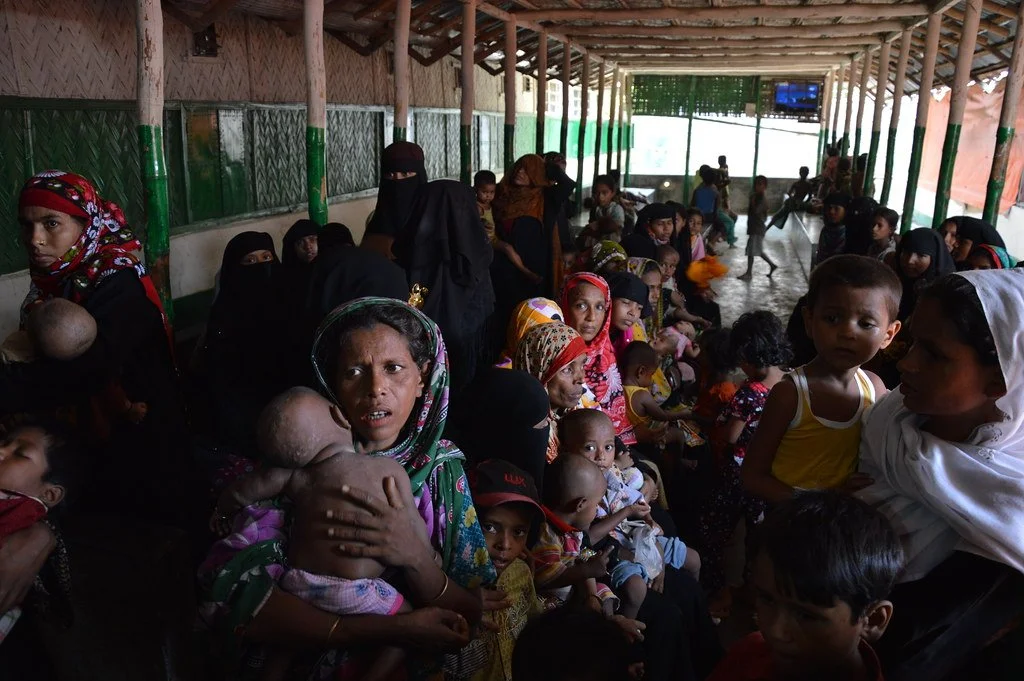The 2022 French Elections: A Story of Uncertainty
The French people have a centuries-old tradition of disapproval of incumbents, and distrust of the sitting government. While mostly anecdotal, the current President, Emmanuel Macron, only ever once had a positive approval rate for an 11-day period. The prior president, François Hollande, was characterized by abysmally low approval ratings, reaching a minimum of just 4%. And while pop culture often jokes about the frequency of French revolutions in history marking a general distaste for government officials, for a while it seemed as though Macron would have an unprecedented, near landslide victory in the April 2022 presidential election. In rare form, the French citizens were polling at extraordinarily high rates in favor of the incumbent president over the opposition candidate Marine Le Pen.
The main cause of this vast increase in polling support comes from the war in Ukraine, following historical trends where the threat of war instills nationalist support for the government (or in some cases the complete opposite). Fearing too much change in a turbulent time where a global nuclear power seems to be power-hungry, the French people began polling heavily in favor of the incumbent, worried about the potential weakness an electoral change could bring about.
The resultant polling following the most heated parts of the crisis saw Macron’s center-right pragmatism beating Le Pen’s far-right platform by 13%. Yet, following the first round of elections and an immense balloon in the prediction of Macron’s potential lead, the actual voting polls and elections predictors saw Macron’s lead fall by nearly 10 points, from a peak of 16 to a valley of just 7. However, these are just in polls measuring support of the two leading candidates. When support for the opposition candidates, like Melenchon and Zemmour, are calculated as a part of the total support picture, the election begins to look even closer. The gap between Macron and Le Pen has been closing quickly, and currently sits at just 3%, or 26% to 23%. This is largely due to France’s more open floor elections holding multiple rounds, meaning that there are many more candidates with a strong platform of support that at some point in the race have the potential to win. For a small period of time before the election started, the minority party candidate Pecresse of the Soyons Libres party was projected to beat Le Pen and become the incumbent's main opposition. Since then, Pecresse’s platform has diminished and Le Pen has regained control over a large voting base.
The case of Pecresse losing her platform as Le Pen gained power again is exactly why Macron’s re-election looks as uncertain as ever. When all candidates are factored in, and Macron and Le Pen are so close together, it shows that once all other parties have been disqualified from running (by not gaining enough support in a given round), they could throw support behind either candidate and change the course of French politics. However, it is likely that given these shifts in support, Macron could come out on top if he maintains a more neutral platform and continues to play the Ukraine crisis well. Le Pen has made it amain point to throw support and admiration for Russian leader Vladimir Putin, which will slash her base of support so long as the Russians continue their unpopular invasion of Ukraine. As many as 60% of polled Europeans supported EU and NATO involvement in the defense of Ukraine, and it is likely that an even larger sample views the Russian invasion as a negative for international security. If Le Pen continues to voice her support for a strong Russian relationship with France, she may just alienate too much of the state to take hold of the window of opportunity she currently has. This trend has already begun and already started to close Le Pen’s opportunity, when one of the largest left-wing candidates, Melenchon, called upon his base to vote against the hard-right Le Pen, and thus support Macron. If Macron can maintain a semblance of neutrality, he can win a large share of voters who currently dislike both candidates, as both Macron and Le Pen occupy a right of center political leaning. Many on the left in France no longer want to vote at all and are much more comfortable maintaining neutrality as they don’t support either party. This is Le Pen’s best bet for victory, as she is much further right than Macron, and if the left chose a candidate it would almost certainly be the incumbent. The second round of voting is on the 24th of April and will be the breaking point if Le Pen can successfully attack Macron’s surprisingly small lead, or if the incumbent can recover from a sudden drop in support.



